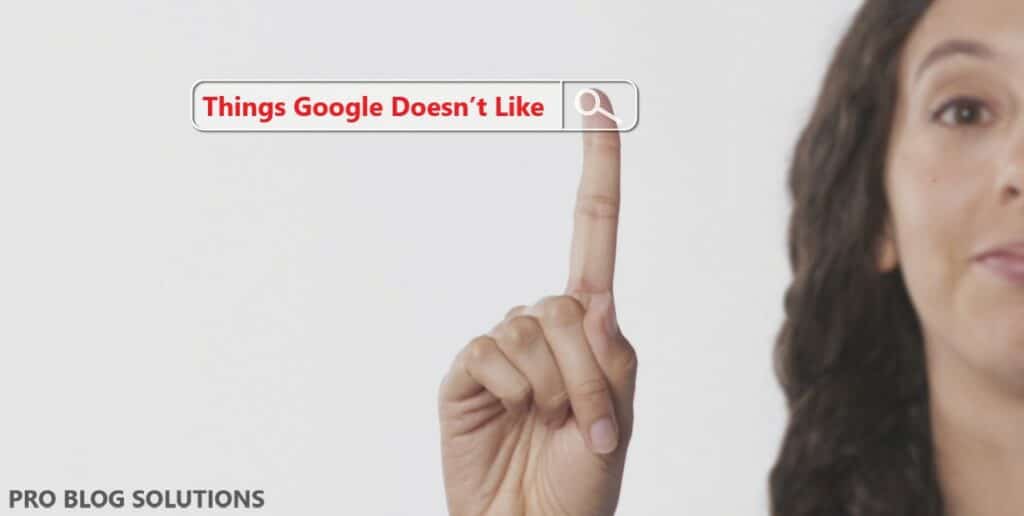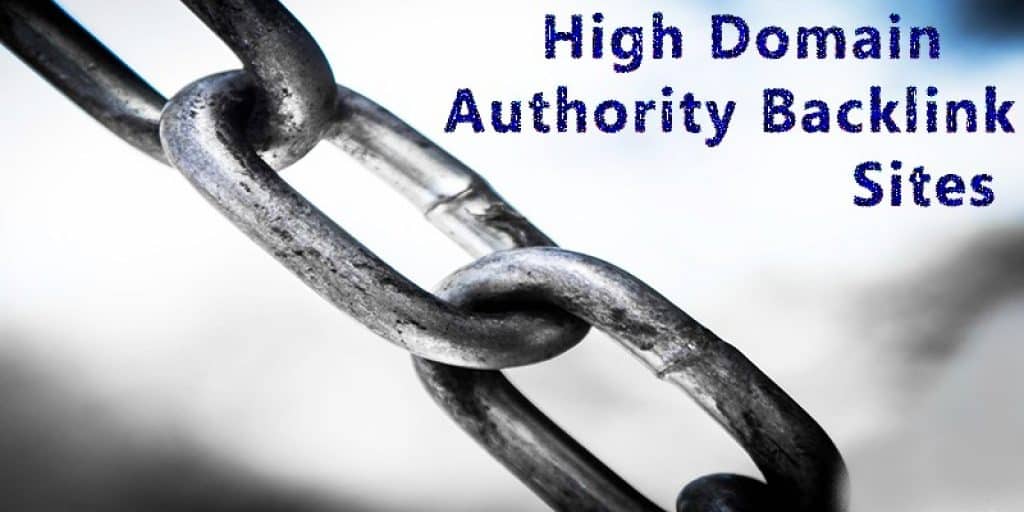After seeing their advantage, we love nofollow backlinks; they are no longer junk. In fact, they can be valuable in some ways. In this article, we will explain why you use Nofollow links.
As we all know, do-follow links or inbound links, as they're most commonly known, are a great way to boost ranking on search engines, so why use no-follow links?
Each time you gain an additional inbound link, this is recognized in the Google algorithm, slowly increasing your position up the rankings. If those links are found on more well-known and reputable sites, they are even better for your link-building SEO.
What are Nofollow Links?
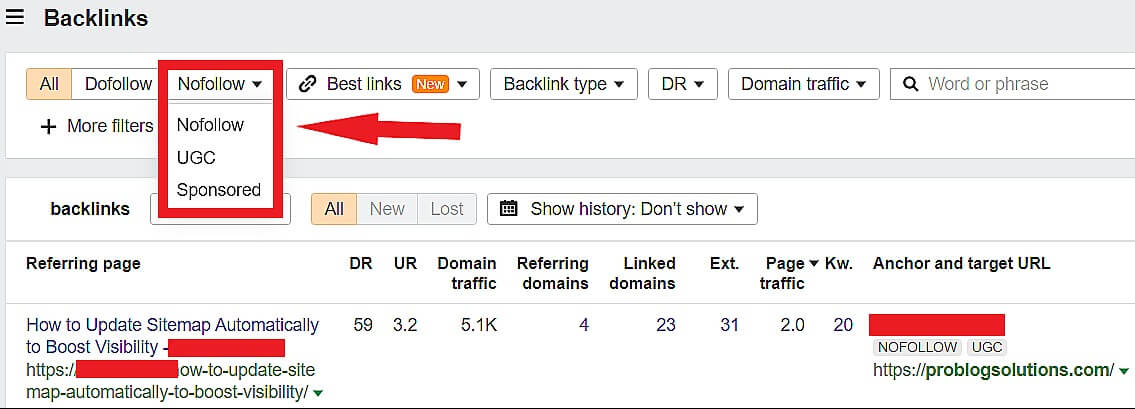
These are the links in which the rel=nofollow tag is applied, which tells Google that this link is not endorsed and should not be considered valuable for search engine ranking purposes, so why use nofollow links? Nofollow links tell search engines not to pass any PageRank or authority to the linked page.
They often prevent spam, comply with Google’s guidelines, or control link juice flow within the site. Nofollow links can also have some benefits, such as driving traffic, building relationships, increasing brand awareness, and providing helpful information.
<a href="https://link.com" rel="nofollow">Link</a>
You should use nofollow links when you don’t want to endorse or vouch for the linked page or when you want to preserve link juice for your important pages. You should also be open to receiving nofollow links from relevant and authoritative sources, as they can still help you grow your online presence and reputation.
While most links are do-follow, nofollow is applied whenever website owners feel they cannot judge spam. This mostly happens in cases of user-generated content like comments and guest blogging. Adding nofollow links seems safer than penalising your website by search engines for link spamming and selling dofollow links.
You may also like to read:
- How to Make a Good Internet Marketing Website?
- 13 Honest Reasons Why You Should Not Start a Blog
- How to Lazy Load Images With 4 Easy Ways?
- 15 Best WordPress Tips to Boost Website Rankings
- Best Secrets to Make 50 Dollars a Day With Adsense
When Should You Use Nofollow Links?
Nofollow links have a rel=“nofollow” attribute in their HTML code. This attribute tells search engines not to pass any PageRank or authority to the linked page and not to use the anchor text for ranking purposes. Nofollow links are often used to prevent spam, comply with Google’s guidelines, or control link juice flow within the site.
The nofollow tag was designed by Google to reduce spam and the amount of low-quality content in the SERPs, and you must use it.
Why Use Nofollow Links?
You might want to use nofollow links in your blogs and websites for many reasons. Some of the most common ones are:
- Avoid linking to low-quality or untrustworthy sites that might harm your reputation or rankings.
- To mark paid or sponsored links that could violate Google’s webmaster guidelines and result in penalties.
- To prevent comment spam or trackbacks from diluting your link profile or passing PageRank to unrelated sites.
- To preserve link juice for your important pages and avoid leaking it to less important ones.
- To link to user-generated content, such as forums, reviews, or social media profiles, that you don’t necessarily endorse or vouch for.
Using nofollow links can help you maintain a healthy and natural link profile, avoid penalties from Google, and optimize your site’s performance. However, nofollow links are not always inadequate or useless. They can also have some benefits, such as:
- Driving traffic to your site from relevant and authoritative sources.
- Building relationships and trust with other sites and influencers in your niche.
- Increasing brand awareness and exposure for your site and products.
- Providing helpful information and resources for your readers and customers.
But Why Use nofollow Links in 2026?
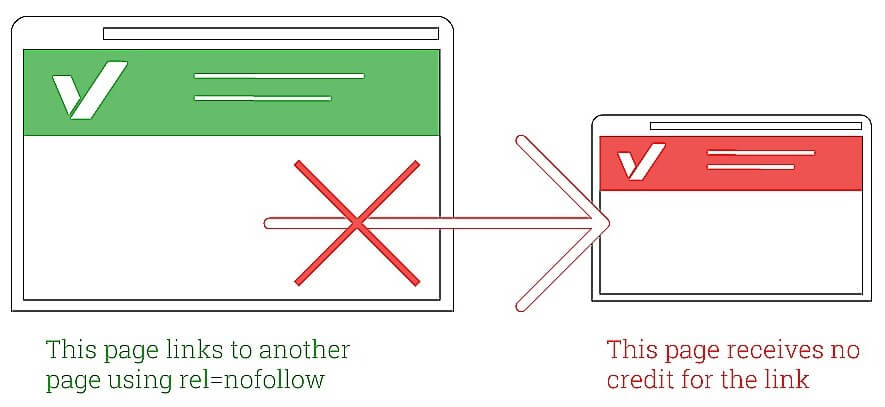
Nofollow links can also serve as a gateway to dofollow links. Even if an industry authority uses a nofollow link to your site, it still drives valuable traffic. This traffic contains people interested in your business. If they like what they see, they might link back to you with a do-follow link in the future or share your content on social media.
Therefore, you should not ignore or avoid nofollow links altogether. Using them wisely and appropriately can still be valuable for your SEO strategy.
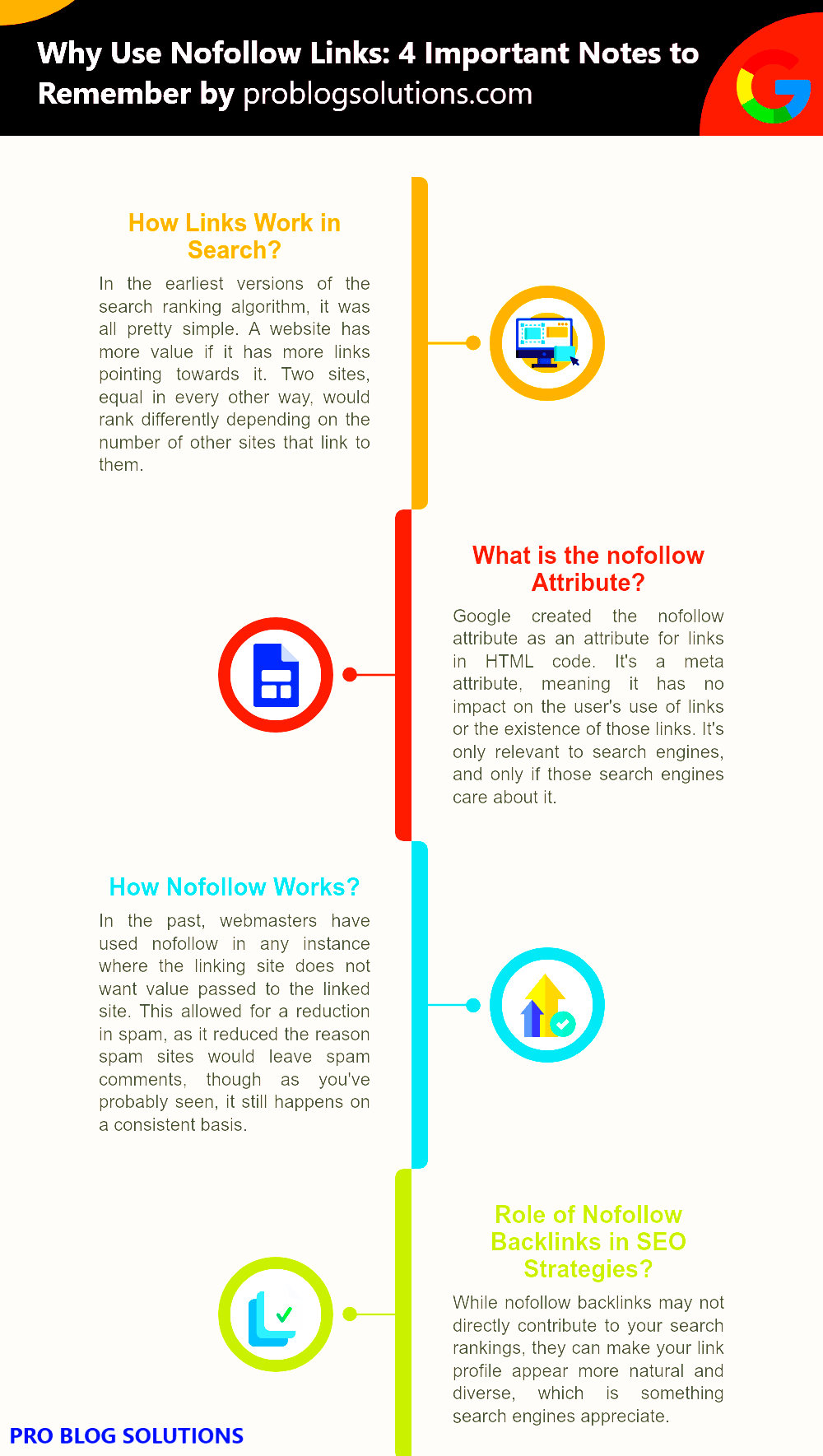
Search engines determine how much they can trust you based on the stuff you link to on your website. You'll lose trust if you constantly link to low-quality, spammy sites. Your website will lose Google's confidence.
In these circumstances, nofollow links should be used:
- Ads and sponsored links
- Links in blog comments
- Paid links (affiliate links, reviews, directory submissions)
- Press release links
- Spammy and untrusted sources
- Irrelevant content
You can update your links anytime or now if you have never used the nofollow tag.
How the Attribute Links Useful?
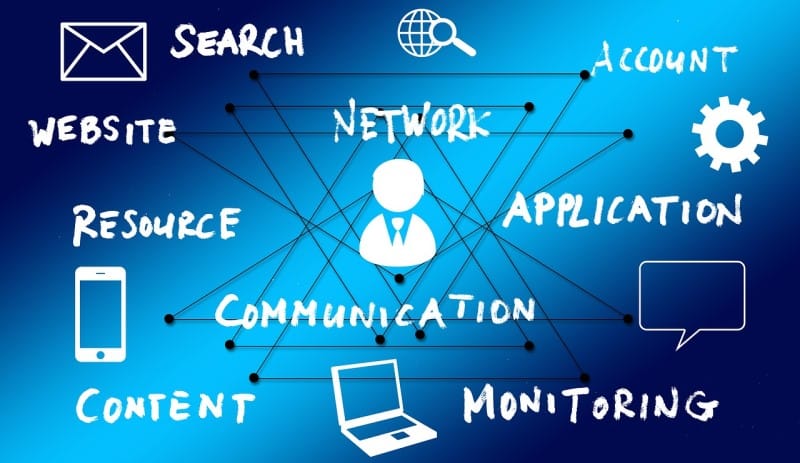
rel=”sponsored”
The sponsored attribute identifies links on the site created as sponsorships, advertisements, or other compensation agreements.
rel=”ugc”
The UGC (User Generated Content) attributes link user-generated content, such as forum posts and comments.
rel=”nofollow”
Bloggers usually improve their websites' search engine rankings by posting comments like “Visit site for detailed articles” on other blogs.
These are known as comment spam. Google took steps to solve this spam issue by introducing the nofollow attribute in 2005 to flag advertising-related or sponsored links.
Nofollow Link Benefits in 2026
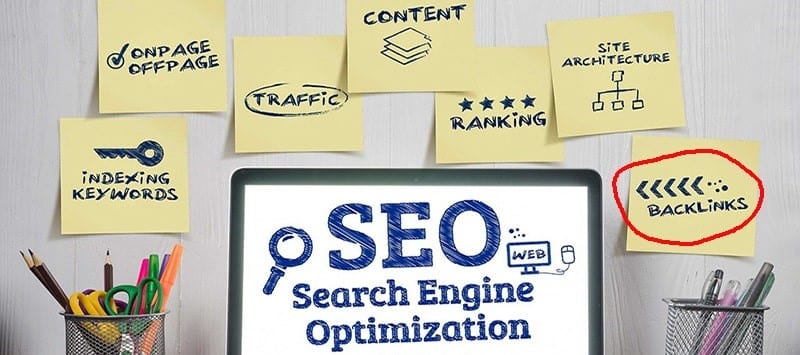
On the brighter side, there are some advantages of nofollow links which you must know. Let's start the discussion about why use Nofollow links:
1. Get Free High-Quality Site Traffic
If you have a link linking to another website and people are reading that viral article, there is a high chance that people will click on that link if it seems relevant and valuable and has the anchor text that is exciting enough.
Readers browse for helpful content. They do not care if the link was dofollow or nofollow. They don't know anyway, and you cannot find out unless you see the page HTML code or use SEO toolbars to check links and follow the status.
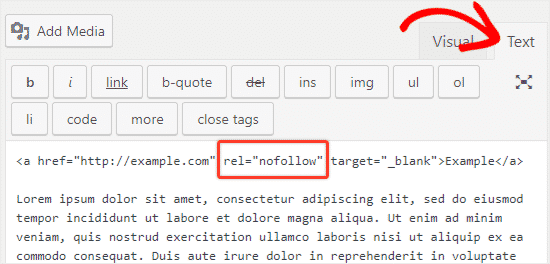
Thus, any viral page generating significant traffic will generate considerable traffic for outbound links from that website. This is the main reason why you use Nofollow links.
2. Get Exposure from Higher Authority Websites
How many of us can get an article in the Washington Post? And if you do, would you not be proud of it?
Did you know that #1 ranked web pages on Google have an average of about 20%-40% no-follow links pointing to that page.
Reasons Why Use Nofollow Links
We think the fact that the article was published on a reputed website with a backlink to your website is enough evidence that the higher-reputation website thought your content was good enough to be published on their website. A link to your site is a common courtesy to identify the author and give credit.
You get exposure for your content to many readers, which might get you many more social media followers if they like it. As they browse to look at your other writings on your site, they become long-term readers and a part of your community.
3. Nofollow Links are Now a Hint for Google
Why use nofollow links if they do not rank higher in Google searches? Google's team recently revisited the following ability of nofollow links, and they said that Google would consider even nofollow links as a hint in rankings.
According to Google, “In most cases, the move to a hint model won’t change the nature of how we treat. We’ll generally treat them as we did with nofollow before and not consider them for ranking purposes.”
Reasons Why Use Nofollow Links
This means they will continue to crawl these nofollow links, although they might not attach as much relevance to endorsement and search engine rankings.
4. Nofollow Links and Your SEO Profile
Have you not seen nofollow links in your Google Webmaster tools reports. Like Google crawls your site, every website is crawled by hundreds of bots every day.
If you look at many SEO backlink tools like Ahrefs, Moz, Semrush, etc., you will find that most of them track the status of no-follow and do-follow links lost found every day. They are noticed and crawled.
Google will recommend not adding the nofollow tag to all the links and will also probably apply a penalty to those who don’t pass link juice naturally.
Reasons Why Use Nofollow Links

If you access any backlink report, it's clear that SEO experts monitor your nofollow or dofollow and assess how many nofollow and dofollow links you got over time.
While we can’t ever say that things will never change in our algorithms, we do not expect this to change again.
Reasons Why Use Nofollow Links in 2026
Matt Cutts – Page Rank Sculpting
Many of these SEO tools also consider your backlink profile and the percentage or ratio of dofollow vs nofollow links you have in your backlink profile, which is an essential factor in determining the quality of your backlinks! If you have 100% do-follow links, would it not look suspicious.
More exciting articles for you:
- How to Improve Core Web Vitals Ranking Factor?
- Best Mobile Marketing Ideas to Enhance Your Business
- Common Email Problems and Solutions
- 17 Best Ways to Secure Your WordPress Website
- How to Improve Blog Audience by 300% Easily
5. Nofollow Links Build Awareness and Credibility
Regardless of how much a link will benefit your SEO, they help you assemble awareness despite everything. This is very important for a business or company.
You could create a considerable activity measure by getting nofollow interfaces and insignificant, relevant articles. From this, you are improving the probability of achieving an entire host of individuals who don't know your business but could be potential customers, consequently expanding your business awareness.
It likewise enhances your believability if you are connected to a support article that individuals are reading.
Don't Buy Links
People will always find a way to rank their websites. In reality, Google can't know if you paid for a link. However, there could be many ways Google could find out about your schemes.
So stop worrying so much about dofollow vs. nofollow, and concentrate on writing great content. The Dofollow links will follow.
WordPress Adds “noopener” to Links. Is that the Same?
Nope. It's security – nothing concerning search engines, page rank, or domain authority.
Roundup of Importance of Nofollow Links in SEO in 2026
While nofollow links may seem less desirable at first glance, they are essential in maintaining a natural and healthy link profile, as mentioned above. They can prevent your website from being penalized by search engines for receiving unnatural or low-quality backlinks. Additionally, nofollow links can still drive valuable traffic to your website.
Benefits of Nofollow Links in 2026:
- Preventing Link Manipulation: Nofollow links help prevent link manipulation tactics that artificially boost a website's ranking. Search engines can identify and ignore these manipulative practices by explicitly stating that a link should not be considered for ranking purposes.
- Promoting Natural Link Profile: A natural link profile includes a mix of follow and nofollow links. This helps search engines understand that your website receives links from various sources, including those not directly endorsing your content.
- Protecting Brand Reputation: Nofollow links allow you to link to websites or content you don't necessarily endorse or want to associate your brand with. This can help protect your brand reputation and avoid being linked to low-quality or irrelevant websites.
- Driving Targeted Traffic: Nofollow links can still send targeted traffic to your website. Users may click nofollow links if they find the content or website relevant to their interests. This can lead to increased engagement and potential conversions.
When to Use Nofollow Links in 2026:
- User-Generated Content: Nofollow links, such as comments or forum posts, are commonly used for user-generated content. This prevents spammy links from being posted and influencing the website's ranking.
- Affiliate Links: Affiliate links that promote products or services in exchange for a commission should generally be marked as nofollow. This helps distinguish these links from organic endorsements.
- Sponsored Links: Sponsored links, where a website receives compensation for promoting another site or product, should also be nofollowed. This indicates that the link is not a natural endorsement but a paid promotion.
- Wikipedia Links: Wikipedia links are typically nofollowed to prevent users from following them and potentially leaving the Wikipedia website.
- External Links from Low-Quality Websites: If you receive links from websites with low authority or reputation, consider nofollowing them. This can help maintain a healthy link profile and avoid potential penalties.
Nofollow links play a vital role in the overall SEO strategy. While they may not directly influence your ranking, they can help maintain a natural and diverse link profile, protect your brand reputation, and drive targeted traffic. By properly using nofollow links, you can effectively manage your website's link profile and enhance its overall search engine visibility in 2026.
FAQs About Reasons Why Use Nofollow Links in 2026:
-
Why is nofollow important?
Nofollow links can boost your domain authority, improve brand awareness, and drive traffic to your website. They also help normalize your link profile, so you don't need to worry about spam or suspicious links harming your search engine rankings.
-
Do nofollow links have value?
For many SEO experts, a nofollow link from a reputable site is more valuable than a dofollow link from a low Domain Authority site. They can show you how much traffic and “link juice” your links create, regardless of whether they're labelled “nofollow.”
-
Is nofollow good for SEO?
It is a notice for search engines not to count a link. The Nofollow tag can be good for SEO – most web admins use this tag to avoid following untrusted content. Google has recently noticed that they will count Nofollow links to boost PR for your page. But it depends on where the link is placed and it's quality.
Final Words on Why Use Nofollow Links in 2026:
Links are the backbone of the internet, so why use nofollow links? We all know the whole web is based on hyperlinks, and we need to be sure that we're treating them well so they treat us well.
Links drive back-and-forth referral traffic. They increase your PageRank and provide juice to the target site; it doesn't matter; it's yours on any client's website. And your readers have content and resources they will want to click on for knowledge.
When used the way they are meant to be used, both nofollow and follow links serve specific purposes at specific times, and now you know what those are.


